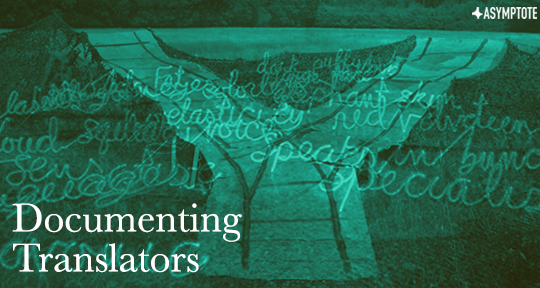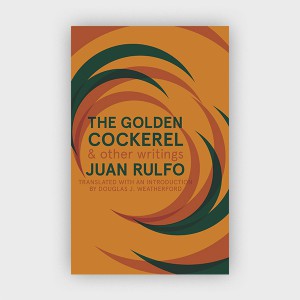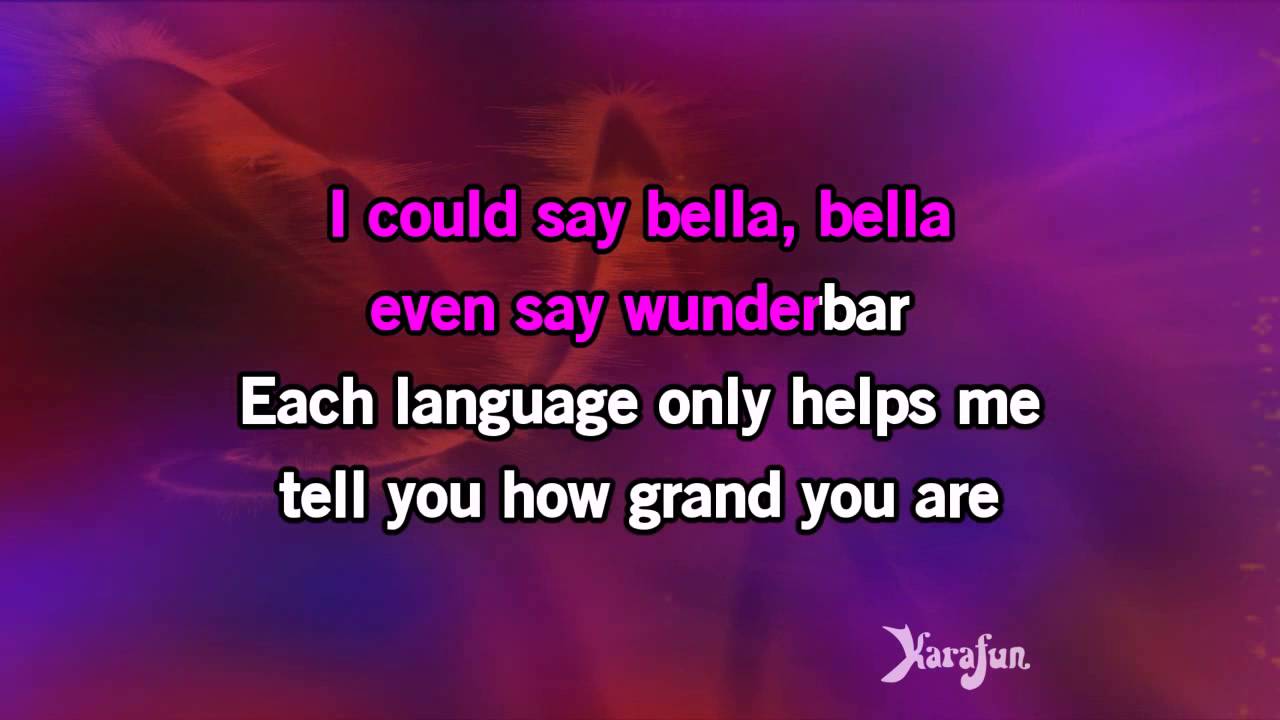Translators are often represented as mediators, actors in the communication of a text who are subordinate to the author. However, translators have often played crucial roles in politically pivotal moments. Denise Kripper tells us more about these translators, and the films in which their stories feature.
Coming soon this year is Les Traducteurs, directed by Regis Roinsard, a high-profile French thriller inspired by the true story behind the translation of Dan Brown’s novel Inferno. During this process, several international translators were shut away in a bunker in an effort to avoid piracy and illegal editions while aiming to launch the book simultaneously in different languages, all over the world. In real life, the book ended up generating $250 million, but in the action-packed film, “when the first ten pages of the top-secret manuscript appear online, the dream job becomes a nightmare – the thief is one of them and the publisher is ready to do whatever it takes to unmask him – or her” (IMDb).







